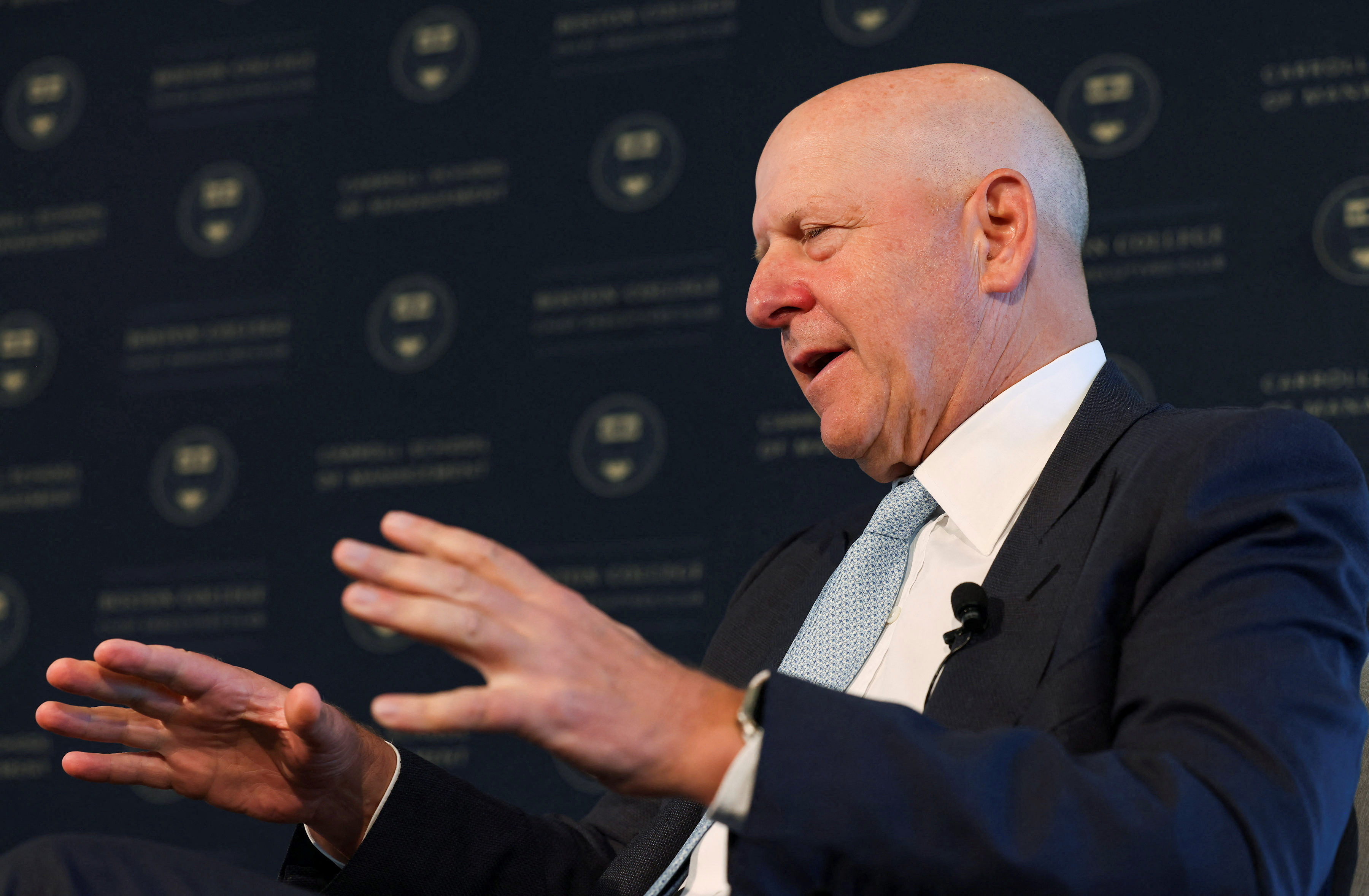Goldman Sachs CEO anticipates robust dealmaking in 2025

Solomon and Pick, both attending the event, noted that the conditions shaping the market for mergers, acquisitions, and initial public offerings (IPOs) are aligning in a way that will drive greater activity in the year ahead. Solomon specifically highlighted the increasingly favorable environment for deal-making, fueled by expectations of rising economic stability, corporate confidence, and investor interest in high-profile transactions.
These leaders pointed to a range of contributing factors, from improving market conditions to the gradual stabilization of global economies following turbulent years marked by the COVID-19 pandemic and ongoing geopolitical tensions. Furthermore, the anticipation of political developments, such as a possible presidential win by Donald Trump in the U.S., was also cited as a potential catalyst for heightened deal-making, with industry players expecting such an event to boost confidence and stimulate corporate activities.
Goldman Sachs, under Solomon's leadership, has already demonstrated a strong commitment to strategic acquisitions and partnerships, maintaining its position as a significant player in global financial services. The firm’s approach suggests that the broader market could follow suit, particularly as companies look to capitalize on favorable financing conditions and strong capital reserves.
Both Solomon and Pick's projections resonate with analysts who have observed a steady rebound in corporate activity, which has been somewhat subdued in the past few years due to uncertainty and economic disruptions. As conditions improve, major corporations are expected to increasingly pursue deals that enable them to scale up operations, access new markets, and fortify their competitive positions.

Join the conversation